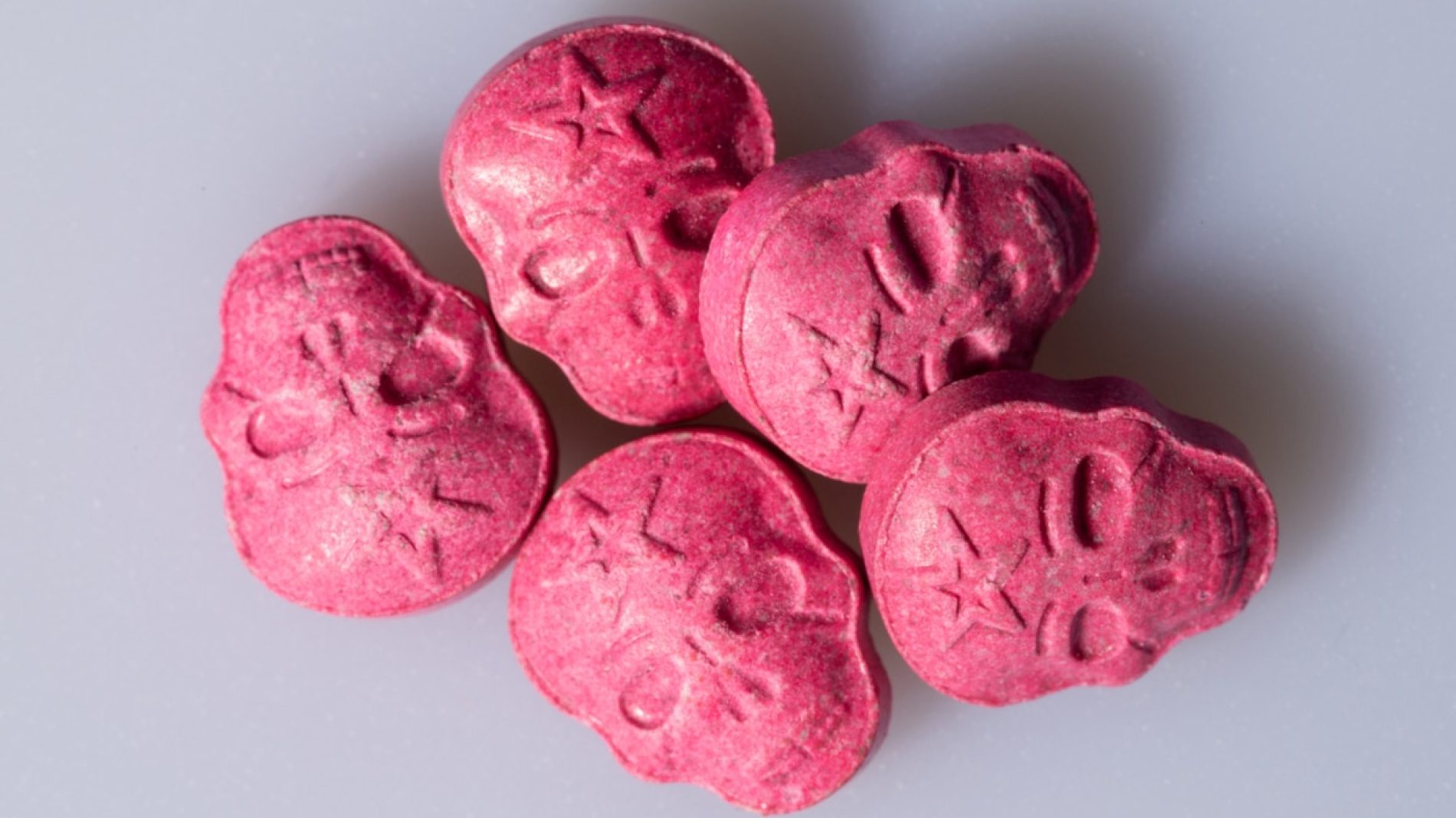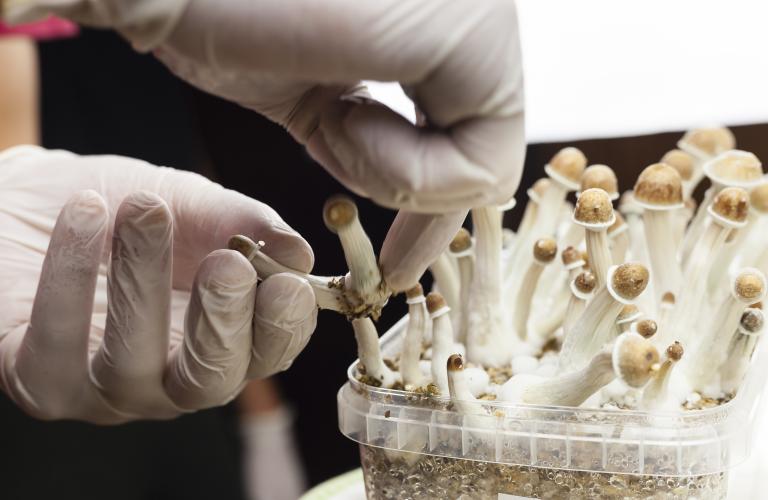Image via
A leading member of a notorious white supremacist group reportedly renounced his hateful beliefs after taking one single dose of MDMA.
Journalist Rachel Nuwer discovered this unusual story while conducting research for her new book, “I Feel Love: MDMA and the Quest for Connection in a Fractured World.” In an excerpt of the book that was recently shared by the BBC, she describes how she learned about the case from Harriet de Wit, a professor of psychiatry and behavioral science at the University of Chicago.
In February 2020, de Wit and her team were running a double-blind clinical trial investigating whether MDMA could increase the pleasantness of social touch. At the end of one of the trials, the researchers found an unusual message that one of the subjects wrote at the bottom of his questionnaire. The participant, who is only identified as Brendan for privacy reasons, wrote that “this experience has helped me sort out a debilitating personal issue,” according to Nuwer. “Google my name. I now know what I need to do.”
De Wit did indeed google Brendan, and discovered that he used to lead the Midwest faction of Identity Evropa, a vehement white nationalist group that is now known as the American Identity Movement. A few months before the study, the Chicago Antifascist Action group doxxed Brendan and exposed his identity to the public. He was immediately fired from his job and denounced by most of his family and friends outside of the white power group.
The researchers were concerned that Brendan’s cryptic message was a warning that he was ready to turn to violence. De Wit asked her assistant, Mike Bremmer, to visit Brendan and “ask him what he means by ‘I now know what I need to do,'” Nuwer wrote. “If it’s a matter of him picking up an automatic rifle or something, we have to intervene.”
As it turned out, the MDMA trip had inspired the opposite reaction. Brendan reportedly told Bremmer that “love is the most important thing… nothing matters without love.” The story fascinated Nuwer so much that she decided to interview the former nationalist herself. The journalist was curious as to whether one single experience with ecstasy would have lasting effects, but Brendan told her that the experience was no fluke.
Brendan said he only decided to participate in the research study to make some additional money after losing his job. In the double-blind study, subjects were given either a placebo pill or a 110 mg dose of MDMA. Luckily for Brendan, the researchers randomly chose him to take the ecstasy. The former nationalist leader didn’t know that he had taken MDMA, but as soon as it began to take effect, he suddenly began to reevaluate his beliefs.
“Wait a second – why am I doing this? Why am I thinking this way?” he told Nuwer. “Why did I ever think it was okay to jeopardize relationships with just about everyone in my life? I conceived of my relationships with other people not as distinct boundaries with distinct entities, but more as we-are-all-one. I realized I’d been fixated on stuff that doesn’t really matter, and is just so messed up, and that I’d been totally missing the point. I hadn’t been soaking up the joy that life has to offer.”
That very same night, Brendan contacted the antifascists who doxxed him and asked for help. In the two years since taking part in the study, Brendan has hired a diversity and inclusion consultant to advise him, started meditating, and began reading books about equity and inclusiveness. He told Nuwer that he is still struggling with bigoted thoughts, but he now recognizes that those thoughts hurt him as much as everyone else.
There’s no indication that MDMA can be an instant cure for racism, but Nuwer believes that it could serve as a tipping point for people that are already thinking about changing their ways. “MDMA does not seem to be able to magically rid people of prejudice, bigotry, or hate on its own,” she explained, according to the BBC. “But some researchers have begun to wonder if it could be an effective tool for pushing people who are already somehow primed to reconsider their ideology toward a new way of seeing things.”
“While MDMA cannot fix societal-level drivers of prejudice and disconnection, on an individual basis it can make a difference,” Nuwer added. “In certain cases, the drug may even be able to help people see through the fog of discrimination and fear that divides so many of us.”











